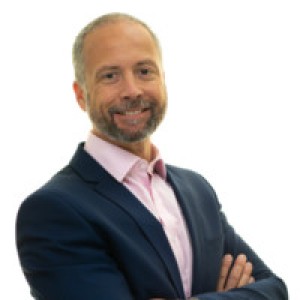- Video Library
- John von Benecke Presents Locate Bio at LSI Europe '23
John von Benecke Presents Locate Bio at LSI Europe '23
shaping the future of
Medtech at LSI USA ‘26
Waldorf Astoria, Monarch Beach

John von Benecke
John has a strong track record as an executive in a range of Life Sciences and healthcare companies, covering both pre-revenue and commercial high growth companies. He has raised more than $130m of venture capital to date and taken two start-ups through to successful exit events, including the $330m acquisition of ApaTech Ltd by Baxter. John has gained strong operational experience across a range of business functions and organisations, including fulfilling combined CFO and COO roles for two private companies previously.
John holds a Bachelor’s degree in Organisational Psychology and is a member of the Chartered Institute of Management Accountants.
John von Benecke
John has a strong track record as an executive in a range of Life Sciences and healthcare companies, covering both pre-revenue and commercial high growth companies. He has raised more than $130m of venture capital to date and taken two start-ups through to successful exit events, including the $330m acquisition of ApaTech Ltd by Baxter. John has gained strong operational experience across a range of business functions and organisations, including fulfilling combined CFO and COO roles for two private companies previously.
John holds a Bachelor’s degree in Organisational Psychology and is a member of the Chartered Institute of Management Accountants.

17011 Beach Blvd, Suite 500 Huntington Beach, CA 92647
714-847-3540© 2026 Life Science Intelligence, Inc., All Rights Reserved. | Privacy Policy







